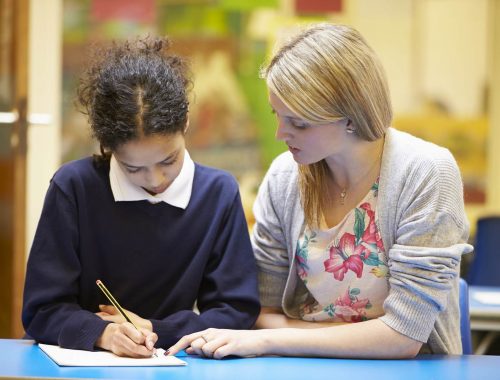Practice makes Perfect
“Practice makes perfect. After a long time of practicing, our work will become natural, skilful, swift, and steady.” – Bruce Lee.
One of the hardest parts of being a musician is having dedicated practice time and sticking to it to see effective results. Not many of us can progress through our instruments without it. This was something I learnt the hard way as a younger student of my instruments, but what I discovered during my work placement as a violin teacher at JAM was that it is much harder to convey that message to a student. In order to assess our own performance, we can use reflective practice, which is not just about writing an assignment, it is about looking back (reflecting) on a situation and taking another objective view of the incident. Sibson discusses how reflective learning is a process where examination and exploration of an issue of concern, triggered by a specific experience, is clarified into some form of meaning, thus changing the individuals’ perspective. Using this method, I will use Gibbs’ model of reflection to discuss my experience of dealing with this challenging aspect of my work placement.

For this blog, to preserve confidentiality I will be referring to my student as Child D. I started teaching Chid D my first week of JAM and have continued to throughout the year. Child D is a talented young violinist with a lot of potential, and I was excited to see him progress throughout the year. However, about halfway through the year I began to realise Child D was still making errors and needing correction on issues we had already talked through at length. It was frustrating watching lesson time slip by week on week covering what I had already taught him just the week prior. Child D had a lot of natural talent; however, his lack of practice became obvious when demonstrating areas of technique which he discovered he couldn’t bluff as easily. I re-thought through my teaching style and discussed the situation with my colleagues who had experienced similar problems. My boss recommended the Improve your Teaching book series by Paul Harris, who writes books for teachers to help them develop their craft. One of these called Teaching Beginners helped break down practice for teachers to best direct their student, in which the emphasis was on 15 minutes of ‘intentional’ practice, rather than longer sessions of playing with no real focus or progress made. A study by the British Journal of Psychology which focused on The role of practice in the development of performing musicians showed that high achievers tended to be more consistent in their pattern of practice from week to week. Their data also lends strong support to the theory that formal effortful practice is a principal determinant of musical achievement. With this in mind, I spent the next part of my lesson with Child D enforcing the idea of ‘proper practice’. We discussed his progress, and how if he wanted to be able to sit his grade exam, he had to put in the effort himself. I sat with Child D and talked him through a practice rota and gave him a small list of things to work on for the following week. While this was a good discussion to have, I wasn’t able to know if any result would come of it until following lessons. This situation was challenging with Child D, as he has a photographic memory and can recall pieces easily, so scales and technique practice was where I would be able to see if any real improvement had been made. It is an on-going battle with helping Child D realise the importance of scale and technique practice as well as playing his pieces, but this is a struggle many young musicians experience at the beginning of their musical journey. It has been great to watch him make the effort for himself to work on the things I’ve advised him on, and to let him self-correct issues that previously he wouldn’t have noticed. One of the greatest joys of being a music teacher is witnessing your student understand and appreciate the music more because they want too, and Child D has been a great example of that. He has certainly helped me become a better teacher in the process, however I could have brought the ‘proper practice discussion’ in a little sooner when I realised he wasn’t making the changes I had asked of him already. My next step if Child D did not stick to the practice plan we had agreed on, was to have a conversation with a parent and either inform them that he wasn’t practicing to the level I expected, and ask them to become more involved in reminding him at home to pick up his instrument for at least the allocated 15 minutes per day. It also helped me formulate on a way to tackle this problem in the likely circumstance it may happen to arise again in my teaching career. If for instance, Child D or any future student I may teach displayed the same behaviour, I would feel responsible to call it out sooner for the benefit of both the child’s playing ability and my own teaching time.


Because of the action taken, Child D has become a much more responsible pupil in taking time to practice his instrument. Our lessons have made a dramatic change from frustration across both parties at having to re-cover material already discussed, to him being excited to show me exactly what he has improved throughout the week. I titled this blog ‘Practice makes Perfect’, but really practice just encourages us to become better musicians, and I’m excited to see just how much better a violinist Child D may have the potential to become.

You May Also Like

Working with a Production House
30 November 2022
Challenge Accepted Sir!
18 April 2023
